Experiencing the end of a relationship and healing from heartbreak is probably one of the most difficult things you can go through.
“The brokenhearted are the bravest among us—they dared to love.” —Brené Brown
Most of us have had our hearts broken at some point and in some form or another, whether through the loss of a loved one or the ending of a romantic relationship.
The emotional devastation that heartbreak leaves in its wake can be paralyzing, the pain all-encompassing, and the impact on our psychological and physical well-being crippling. In the most severe cases, a breakup can be a trigger for a clinical depressive episode.
So why is it that heartbreak is so agonizing?
The link between addiction and heartbreak
According to psychologist Guy Winch, author of How to Fix a Broken Heart, the emotional aftermath of a breakup neurologically mirrors withdrawal from drugs such as heroin. Studies using functional MRIs, or brain scans, of the brokenhearted, have shown the same areas of the brain being activated as those activated during drug withdrawal.
So, if love is an addiction, heartbreak is a withdrawal. In this case, withdrawal from a person or relationship.
Much like a drug addict will go to almost any lengths to get a “fix,” and given the lapses in judgment that often accompany addiction, when withdrawing from a relationship, you may find yourself doing things that you ordinarily would not do or displaying out-of-character behaviors.
For example, if you find yourself groveling, frequently texting, cyberstalking, or engaging in any other behaviors that you normally would not engage in, you are experiencing an unfortunate side effect of withdrawal. Continuing this behavior will only reinforce the cravings and delay recovery.
Reopening of attachment wounds
A broken heart is the reopening of old attachment wounds, which our psychological defenses have worked so hard to help us forget. Unfortunately, the body does not forget.
For those with a history of relational trauma, such as abandonment by a parent or caregiver, the emotional and psychological impact of a breakup can trigger post-traumatic symptoms.
This may help explain why the ending of even the shortest of romantic flings can feel like the end of the world, or why we may feel we “cannot live” without the person. At one time, we literally could not survive without our primary attachment figure. Whether it is a parent abandoning you at 7 or the ending of a two-year romantic relationship at 30, the body does not know the difference.
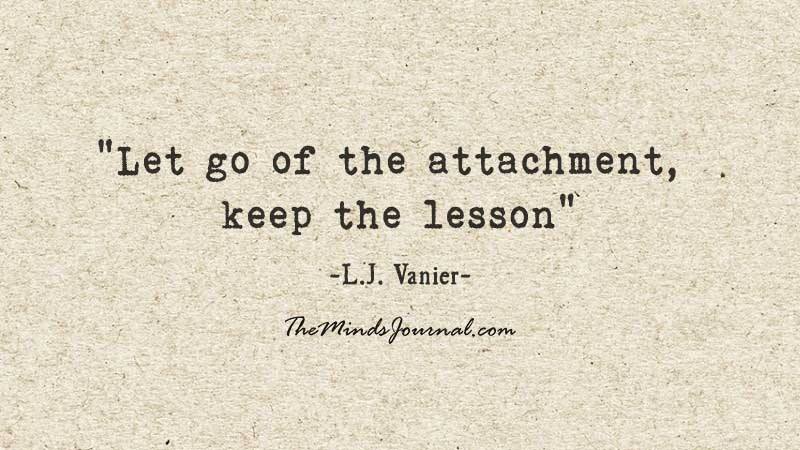
Trauma specialist Bessel A. van der Kolk, author of The Body Keeps the Score, writes:
“The imprint of past trauma does not consist only of distorted perceptions of information coming from the outside; the organism itself also has a problem knowing how to feel safe. The past is impressed not only on their minds, and in misinterpretations of innocuous events . . . but also on the very core of their beings: in the safety of their bodies.”
Our grieving is never solely for the person in the present. It is also the mourning of every loss experienced throughout our lives.
When “time” is not enough
Each individual’s recovery process will be dependent on a number of contributing factors. It is true that time heals all wounds; however, it is hard to take comfort in that sentiment while in the midst of heartache.
Fortunately, there are things you can do to expedite the moving-on process. Below are some strategies to help you take control of the addictive, obsessional mind and move forward on the journey toward healing.
How to move forward on the journey toward healing from a breakup
1. Honor your pain.
Romantic heartbreak often engenders strong and vivid grief reactions for many of the reasons described above. It is important to honor these emotional reactions and not discount or minimize them. Sadly, society does tend to minimize breakups or at least not take them as seriously as other life-changing events, such as a death or divorce, each recognized as a top life stressor. We have divorce support groups and “personal time off.”
But what about the ending of a non-marital relationship? Does a piece of paper or lack thereof make the grief any less legitimate? The painless agonizing? Winch calls for an open dialogue about the severity of heartbreak—not only among married partners but for anyone experiencing the loss of a significant relationship—and the need to legitimize and understand it more than we currently do.
Read My Journey Of Healing: Facing Every Difficult Emotion Head-On
And as tempting as it may be to numb your pain, whether with alcohol, food, or overworking, by allowing yourself to feel it now, you are helping your future self. By numbing, you are only delaying the healing process. Allow yourself to cry if you need to. Reaching out to friends and family can be helpful. So too is reaching out to a grief counselor or therapist or joining a support group.
2. Let go of false hope.
Hope is a funny thing. It can be a life raft, something to cling to as we struggle to survive the tsunami of grief. False hope, on the other hand, can be the very thing that takes us down. False hope is as tempting as it is deceiving. Like a drug, it may feel good at the moment, but it will only delay the inevitable crash.
When we come to a place of acceptance and finally let go of our delusions—whether it is the delusion of reuniting with a partner or the delusion of a commitment where one does not, nor will ever, exist—is when the real healing begins.
3. Remove the drug.
Like any addiction, the first line of treatment, when possible, is to remove the substance, which in this case would be the person or the relationship from which we are withdrawing. Winch suggests that when it comes to love addiction, it is best to go “cold turkey.” Remaining friends immediately after a breakup will likely prolong the grieving process.
This is not to say that you cannot be friends with an ex-partner at some point in the future. But when you are going through the initial grieving process, to do so immediately would be counterproductive.
Read Why Staying Friends With An Ex Is An Extremely Bad Idea Says Science
He suggests cutting off all contact, deleting their contact information, and blocking them on social media. When “cold turkey” is not possible, then harm reduction is the next best step. Try to limit contact as much as possible, discard or set aside all physical reminders, such as gifts or pictures, and avoid social media.
4. Beware of idealizing.
Often, when you lose something or someone important, there is a tendency to romanticize or idealize the lost object—in this case, the relationship. You tend to remember only the good and forget the flaws and the many reasons it did not work out. For instance, you may obsessively replay the passionate moments while conveniently forgetting the constant arguing or all of the ways they let you down.
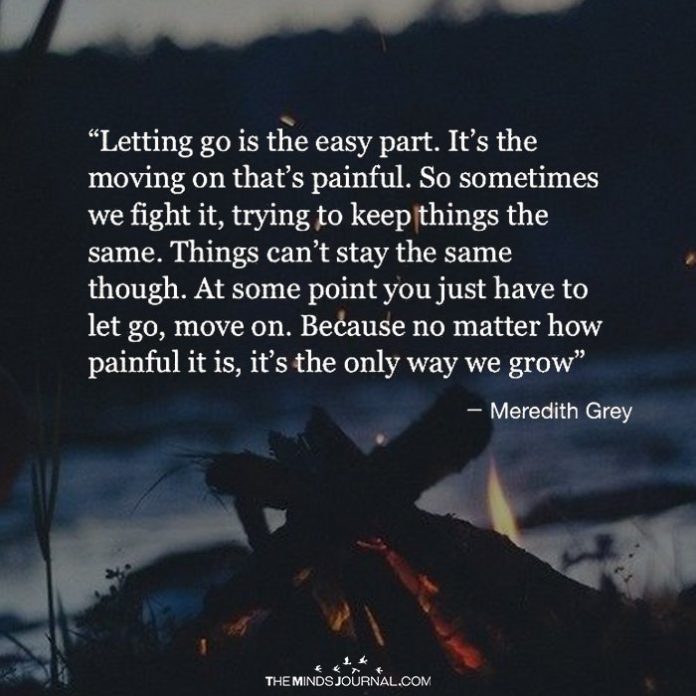
In these moments, it is important to do a reality check. One way is by checking in with friends or a therapist, asking them to remind you of all the reasons the relationship did not work. Or you can make an emergency reminder list, writing down three—or 20—qualities about the person or the relationship that annoyed you or made you unhappy.
This is not to demonize anyone. Rather, by reminding yourself of the negatives, you are balancing out your perceptions and avoiding the trap of believing you will “never find anyone or any relationship as perfect ever again.” It is far easier to get over something real and imperfect than something perfectly idealized.
5. Be mindful of self-blame, self-doubts, self-criticism.
When you have been rejected, the tendency for many is to personalize. Although the rational mind knows that the breakup is not representative of any inadequacy on your part, the other, more vulnerable part of yourself fiercely believes otherwise. This is where self-flagellation often begins: “Why wasn’t I good enough? What’s wrong with me? If only I were smarter, or more athletic, or more (fill in the blank), then they would have stayed.”
This can then morph into, “Will I ever be good enough? Will anyone ever want me?” And on and on go the voices of the inner gremlins, further and further down the rabbit hole of self-loathing and despair. It is easy to remain stuck in the addictive cycle of self-blame, especially when you are in the throes of grief. But this will not serve you. Mindfulness is imperative during this time.
Though hard to fathom when in the midst of a breakup, the pangs of lost love will eventually subside. No feeling lasts forever—regardless of how relentless and excruciating. Pain ebbs and flows, and its intensity decreases with time.
Each relationship teaches us something about ourselves. It teaches us what we want or do not want in a partner. With the ending of each wrong relationship, we are getting closer to the right one.
Healing from heartbreak takes a lot of time, so be patient and don’t be too hard on yourself. Hold on, because love and happiness are just around the corner.
If you want to know more about healing from heartbreak, you can watch this video below:
Written By Allison Abrams, LCSW-R
Originally Appeared In Psychology Today
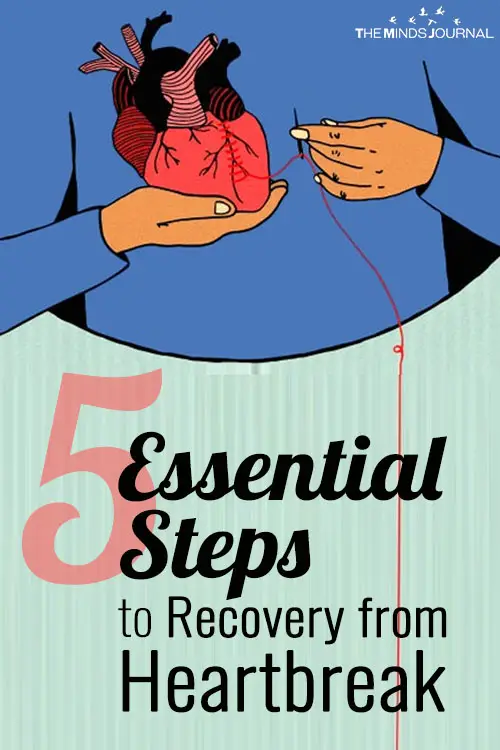
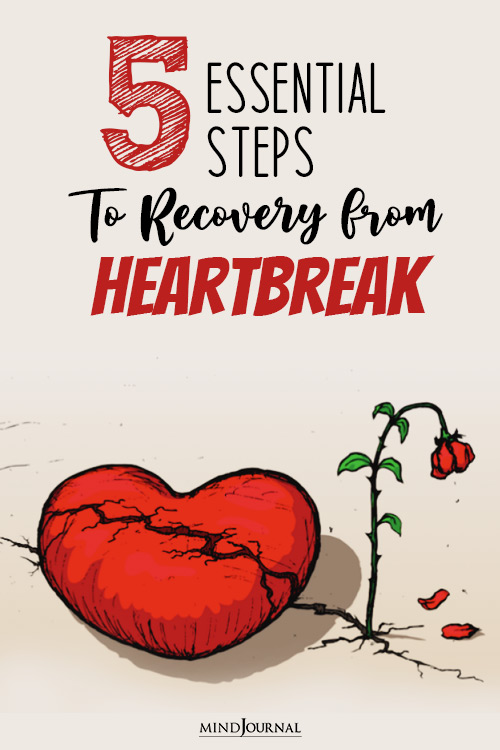
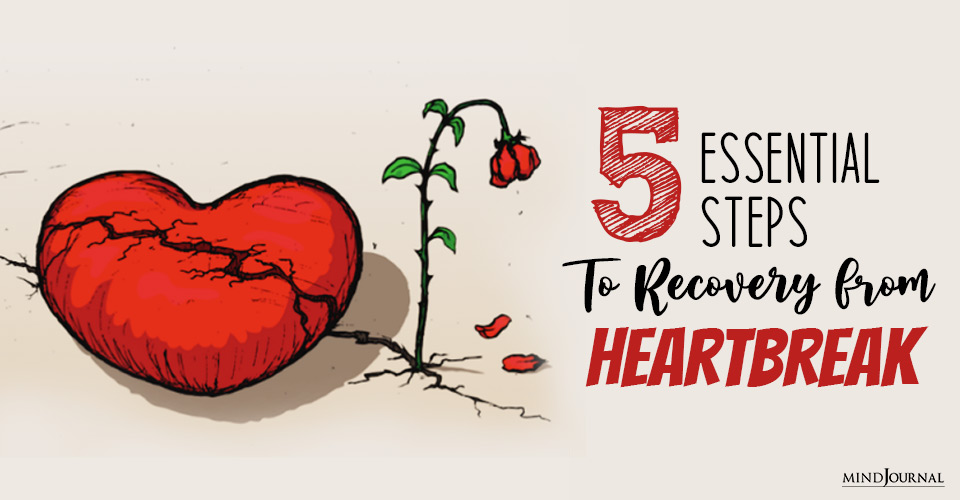
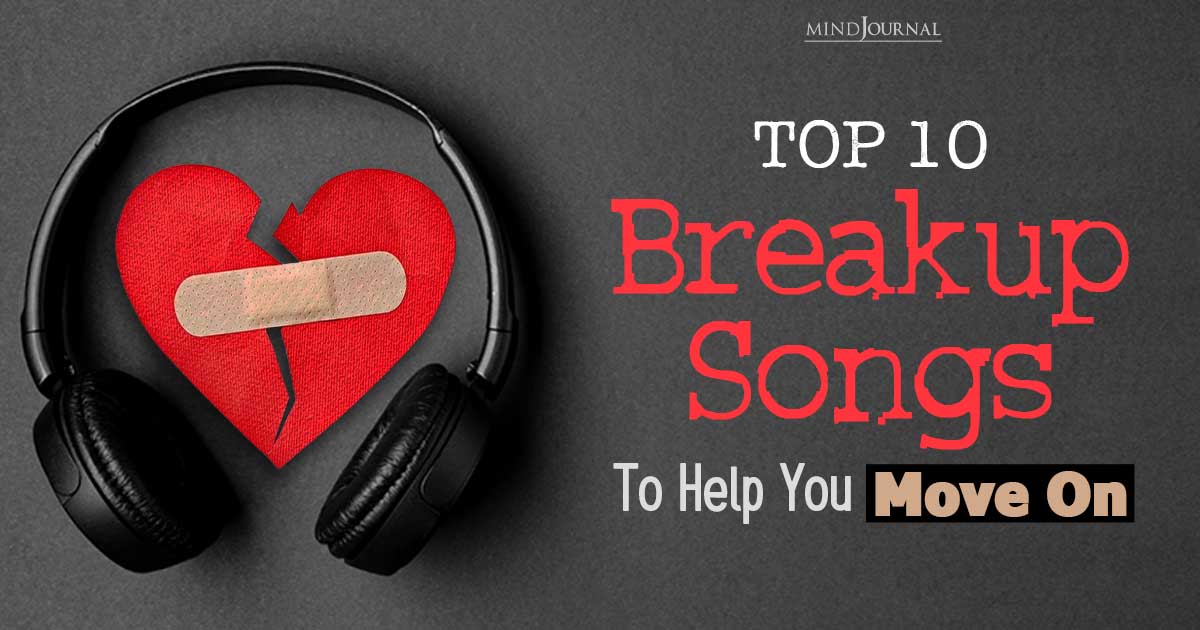
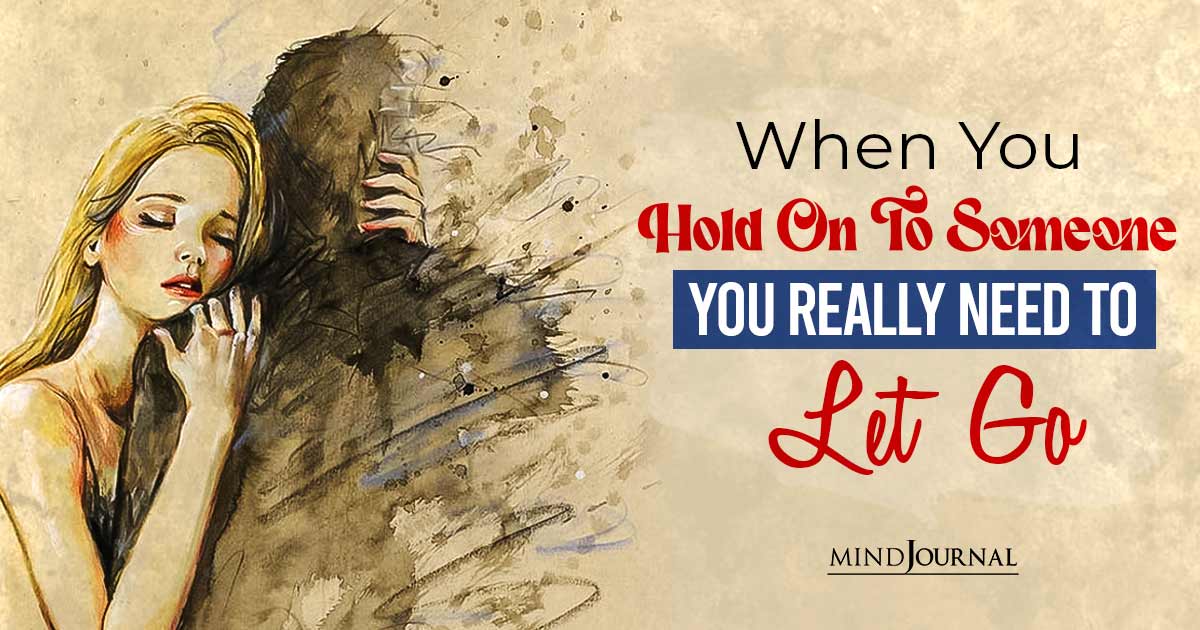
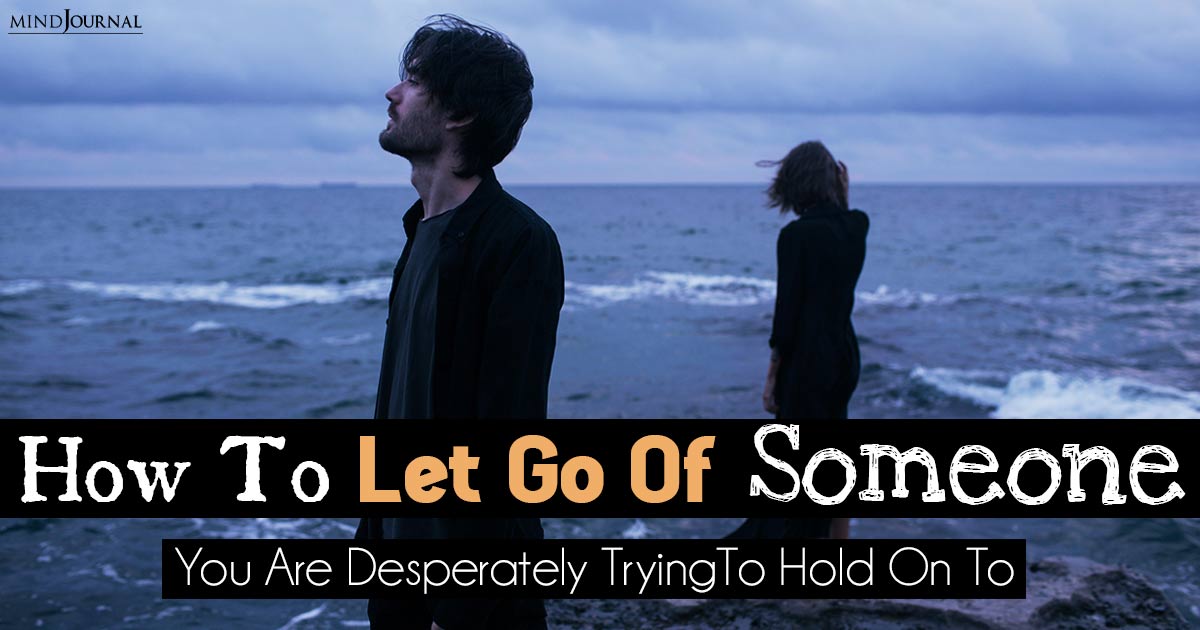
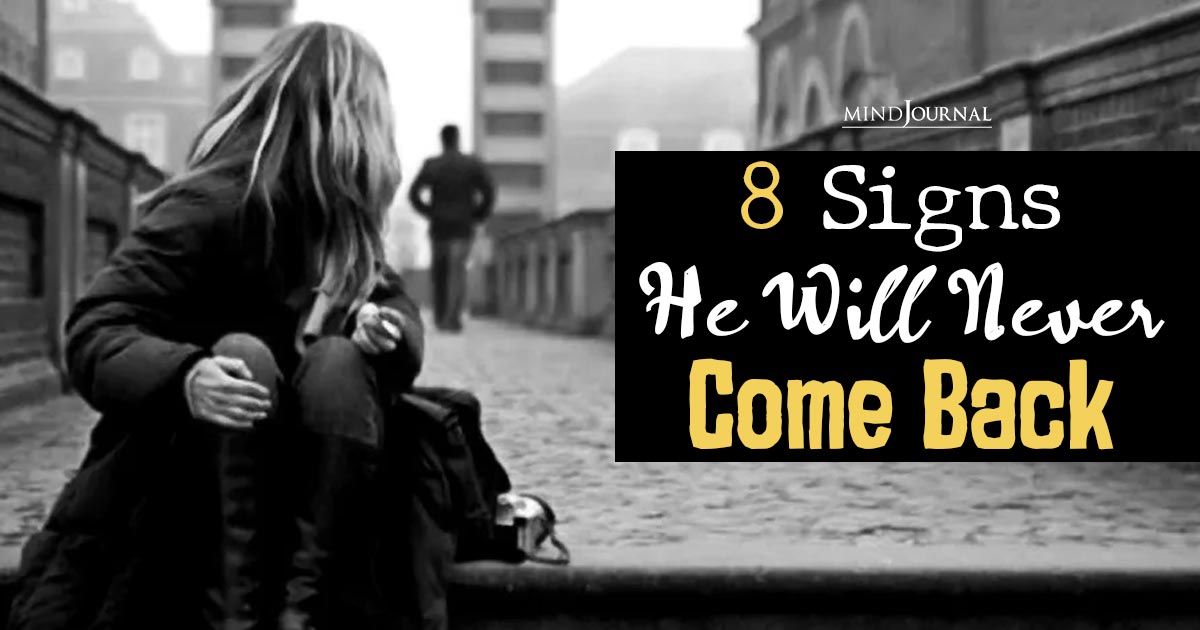
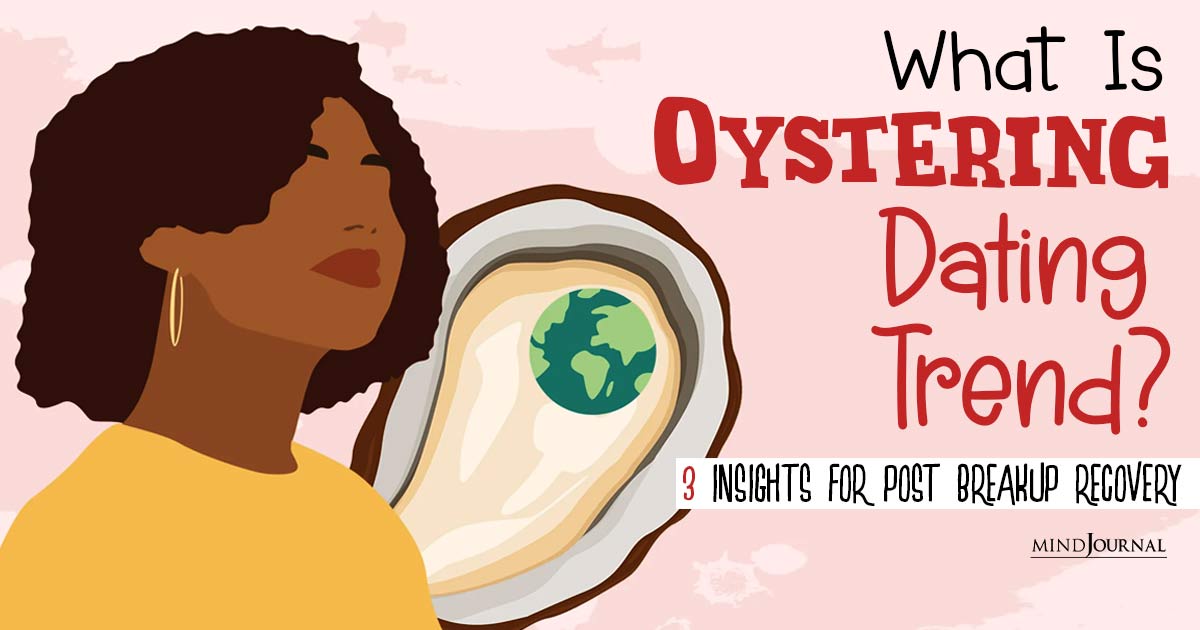
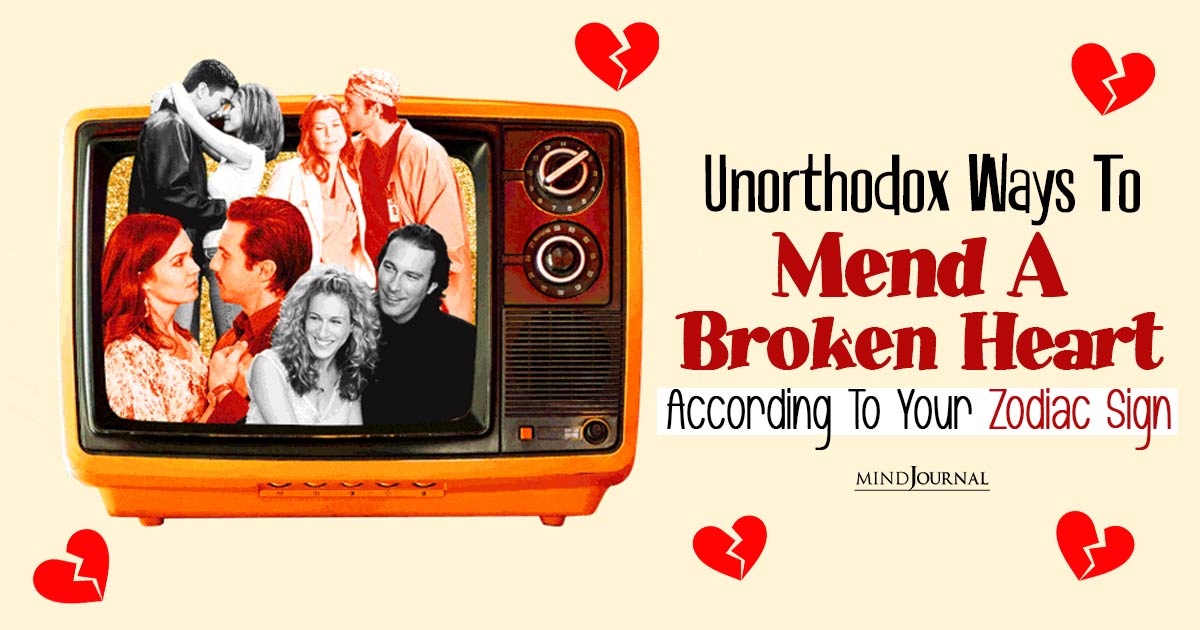
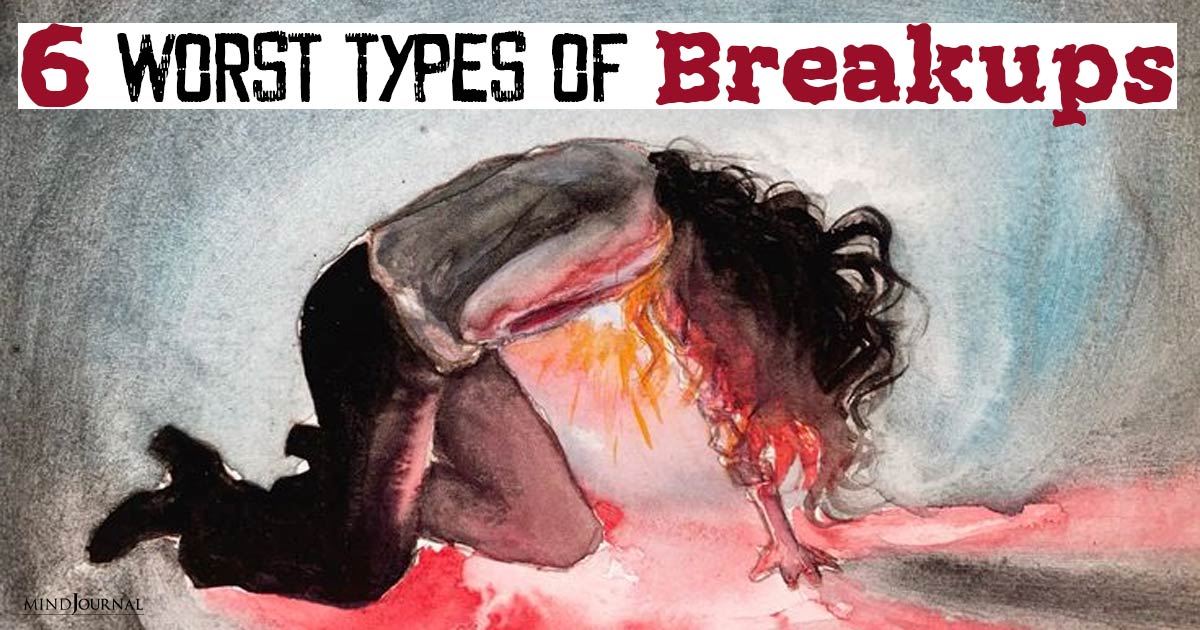
Leave a Reply
You must be logged in to post a comment.